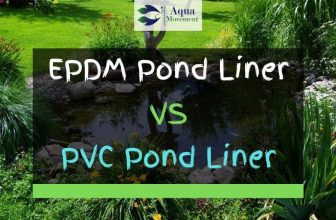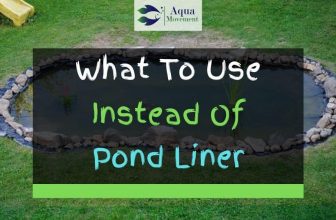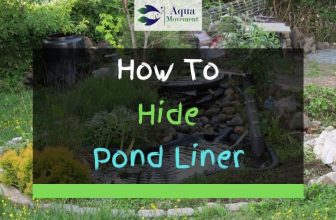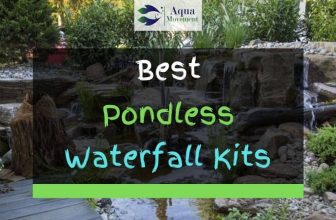What Do Pond Turtles Eat? – A Feeding Guide
A beautiful little pond in the backyard only increases the value of your home. It looks stunning and you could easily spend hours there just watching in awe. What makes this pond perfect is not just the way you have designed it. The fishes that swim around in glee and the beautiful green plants are what make the pond look so attractive.
However, does every pond owner prefer fishes only? Nowadays, many people like having turtles in their pond. Some just choose turtles while others want their ponds to have both fishes and turtles.
Yes, it is possible to keep fishes and turtles together but that can be a little difficult to maintain.
Either way, turtles make a great pet and a great addition to any pond. Just like other pets, turtles too need the right attention, and the most important thing you need to take care of is their food.
But what do pond turtles eat and what kind of feeding schedule should you follow?
If these are some of the questions running in your mind then continue reading and discover your answers.
Table of Contents
What do Pond Turtles eat? – The Healthy Options
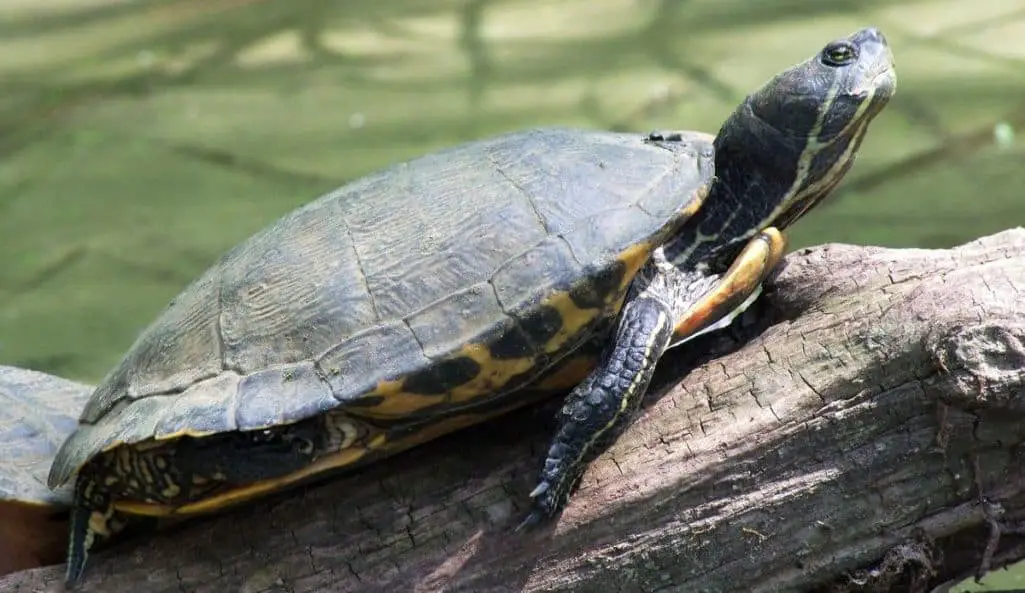
Among other things, if you want your turtle to be healthy and happy always you need to feed them the right way. But what is the best food for them?
This is a very common query, particularly of those who have adopted a turtle for the very first time.
Do not worry we shall offer you all the necessary details.
Commercial Pelleted Food
[amazon box=”B00025640S”]
This is a great option but you must be careful to buy pelleted food that has been made for turtles only.
Such food will only float and will not fall apart easily as does the pelleted food that has been created for other reptiles.
Proteins
[amazon box=”B004HSN1JS”]
Turtles, when in their natural habitat, eat other little animals. So, your pond turtle too needs to be fed slugs, waxworms, cricket, snails, silkworms and earthworms. Also, feed them cooked chicken or turkey, boiled eggs, and cooked fish.
Cat or dog food and lean beef can be fed, but just occasionally. Do not offer raw meats as they can result in contamination.
Leafy Veggies
As far as leafy vegetables are concerned, you can offer your turtle sow thistle, tufted vetch, fig leaves, grape leaves, red clover, endive, dandelion, chickweed, and plantain weed.
You can also give collards, turnip greens, lettuce, and aquatic plants like duckweed, water lettuce, and so on. Turtles even love carrot tops so make sure to give it to them as occasional treats.
Other Vegetables
Other vegetables that your pond turtle will enjoy eating are green beans, corn, beets, wax beans, green peas, carrots, and squashes.
Fruits
You should also offer some fruits to the turtles. They will love having mango, kiwi, strawberry, apple, and banana.
Also, you can feed them cantaloupe, blueberries, figs, grapes and citrus fruits.
Flowers
Yes, turtles really like eating flowers.
Some of the flowers that can form a part of their diet are chives, dandelion, rose, lilies, petunia, pansies, borage, hibiscus, geraniums, and nasturtium.
Foods That You Should Never Feed
It is commonly said that turtles can easily eat human foods. This lures turtle owners into feeding their pet turtles anything and everything that they eat. Do not make this mistake.
Your turtles cannot eat everything that they do. And, now that you know what do pond turtles eat it is equally important for you to know what they cannot.
Dairy Products
Reptiles cannot digest milk and dairy products as the enzymes that are needed for breaking down lactose is not present in them.
So, neither can you feed them milk and nor can you offer cheese and yogurt to your little turtle.
Poisonous Plants
Turtles are known to eat some poisonous plants when in the natural environment. But which plants do they exactly eat is not properly known.
So, to avoid any health issues it will be best not to have any poisonous plants near the pond your turtles will stay in.
Canned and Processed Foods
Canned and processed foods are rich in salt and preservatives and they are not great for you and neither for the pond turtles.
Try to completely avoid feeding your turtles such food, and if you must, use just limited amounts.
The Ideal feeding Schedule
You are aware of the food that they can eat and also those that they cannot.
Now, you need to learn about the right feeding schedule both for the young and mature turtles.
For Youngsters
Juvenile turtles require frequent feeding. They need calcium and vitamin supplements thrice a week and need to be fed every single day. Mostly, you will find them active in the morning and afternoons and so these are the best times to feed.
Turtles are considered adults once they are 7 years of age. You may have noticed that your healthy turtle, who is more than 3 years of age, starts eating less at times or does not eat at all for a few days.
This can be a sign that he has become an adult and you can begin reducing his feedings. Before you begin controlling his diet, it will be best to consult a vet first.
For Adults
You can feed mature pet turtles on alternative days or even on every third day.
Make sure to take any food out of the pond after 20 minutes of offering them, unless they are live food like earthworms, crickets, or fishes.
Conclusion
Turtles require as much attention and care as do any of your other pets. It is true that an adult turtle can live without food for months but that does not mean you will stop feeding them.
You want them to be healthy and happy and so following a proper feeding schedule is a must. Also, never overfeed them, or else, they can become fat and then invite other health issues.
Since you are now aware of what do pond turtles eat, and also the right feeding schedule, make sure to follow it really well.
Your turtles will then always be healthy and fit and you can simply enjoy the pleasure of watching them grow beautifully day by day.

